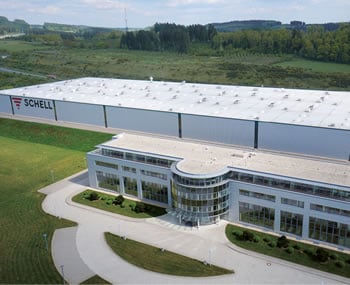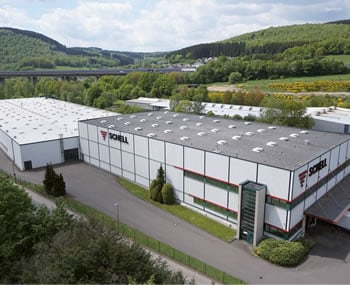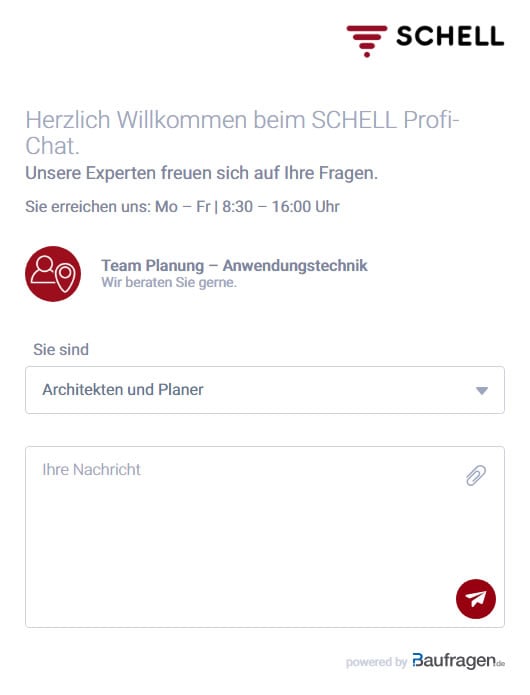A grand reopening for the hospitality sector: it’s time for action on drinking water hygiene!
5-minute read
For a long time now, the pandemic has meant restaurants, cafes, hotels, youth hostels and other hospitality businesses have had to stay closed or reduce their opening hours. As a result, many water mains in buildings have stayed unused for a long time, and Legionella and other pathogens may have proliferated in the stagnating water. All of these must be flushed out before restarting normal services. This is the only way to ensure the safety of everyone who uses the drinking water installation.
Anyone who wants to avoid the effort of doing this by hand is well advised to look at an intelligent, digital solution. Alongside its electronic fittings, SCHELL also offers the SWS Water Management System, which has a rich feature set for ensuring optimum user safety.

Specified normal operation must be maintained
The term ‘specified normal operation’ refers to maintaining key standards and regulations relating to water quality, to avoid the excessive spread of bacteria in drinking water – with Legionella being the most pernicious example. Anyone who breathes in Legionella when aerosolised by a shower head, for example, may contract Legionnaires’ disease, a severe and potentially fatal form of pneumonia. Industry codes of conduct therefore mandate a complete flush of the entire drinking water installation every 72 hours. Requirements become more stringent if 72 hours have passed without any exchange of water: in such cases, all tapping points must be opened and water must run through them at a specified concurrency to ensure that the drinking water installation is adequately flushed out.

Old school: the hands-on approach
In smaller buildings with a 50 mm mains diameter, only eight fittings need to be opened at the same time. In larger buildings, this number rises to 32 fittings, which then need to be shut off again, one after the other. This is the only way to achieve the flush speed of 2 m/s (specified by DVGW (A) W 557) required to flush out harmful bacteria. The cold water line is flushed until the water temperature feels cold when tested with the back of a hand. The hot water line is flushed until the water exiting is steaming. Buildings are flushed from top to bottom, and the longest flow path is flushed first. “For larger hotel businesses, however, flushing by hand will tie up a lot of personnel resources, which makes it rather inefficient,” explains microbiologist Dr Peter Arens, who is SCHELL’s resident drinking water hygiene specialist.

Better hygiene with contactless fittings
Ensuring the legally compliant and reliable flushing of piping is easier to achieve, however – with electronic fittings. SCHELL offers electronic fittings for wash basins, kitchens, showers, WCs and urinals. With their contactless operation, they protect users against infection from dirty surfaces – after all, figures from the WHO show that 80 percent of all germs are passed on via the hands. In situations where toilet or spa facilities provided to patrons have very high levels of use, contactless fittings minimise the risk of infection and provide a greater level of safety for guests. Fittings can also be configured to trigger an exchange of water automatically – such as 24 hours after last being used, for example. “In cases where establishments don’t want to switch all of their fittings over to electronic models, it’s recommended to at least replace those in public areas and in the last rooms in a corridor. This will ensure that utility and manifold piping in a building is always supplied with fresh drinking water while also simplifying flushing for other fittings,” advises Dr Peter Arens.
Automatic stagnation flushes with SCHELL SWS
The safest and most reliable approach is achieved with the SCHELL SWS Water Management System. As the first water management system offering intelligent wired and/or wireless networking and control for fittings in public sanitary facilities, SWS offers many advantages. A wide range of parameters, such as stagnation flushes, water consumption and battery levels, can be logged by the system, while the wireless option offers a simple retrofit for drinking water installations in existing properties. So the reliability and efficiency of digital water management can be achieved in almost any building. “The key advantage of our water management system is that interventions are proactive rather than reactive: during periods of interruption in use, automated water exchanges can replace specified normal operation while the system simultaneously monitors temperatures relevant for hygiene. This provides an effective and self-contained safeguard against the excessive proliferation of bacteria. In contrast, manual systems only reveal problems during the actual water system inspection – when a risk to health has already occurred,” explains expert Dr Peter Arens. “The minimal effort required to use the water management system also stays the same, however many fittings it simultaneously controls and however long the required flushes take.” SWS also ensures that the high flow speeds needed for effective flushing are achieved. This avoids any extra work that might be needed in relation to the microbiological testing of the water.

SMART.SWS online service – the ultimate in efficiency
The SMART.SWS online service expands the system to include functionality for viewing, controlling and monitoring any facility in any building from the comfort of a laptop or other device with an internet connection. Using the interface, adjustments and configurations for multiple fittings can be made without needing to be physically present. This lets managers handle facility operations quickly and simply while out and about, while also offering easy planning for on-site maintenance work such as battery changes, etc. Peter Arens: “This makes water management systems hugely efficient, and real time- and cost-savers. And as a practical extra feature for hotels that typically only open for the summer season, a sensor in the SCHELL angle valve can monitor room temperatures and detect a heating system failure in winter before frost damage occurs.” SCHELL products therefore offer the best solution for any hospitality business needing to ensure the long-term safety of their drinking water installation. Call us for details!
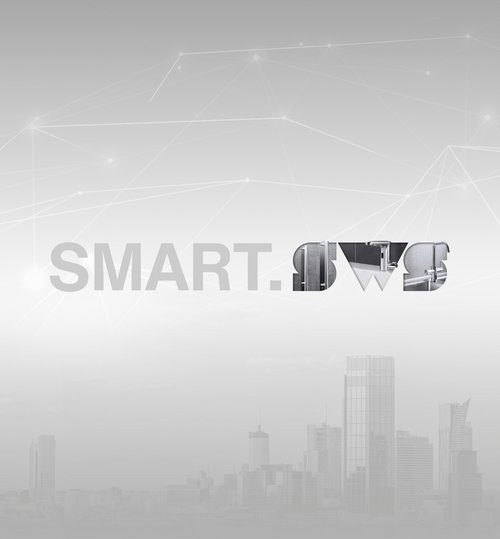
![[Translate to English:] [Translate to English:]](/fileadmin/_processed_/1/b/csm_symstemloesungen_e2_thumb_6bca267f26.jpg)
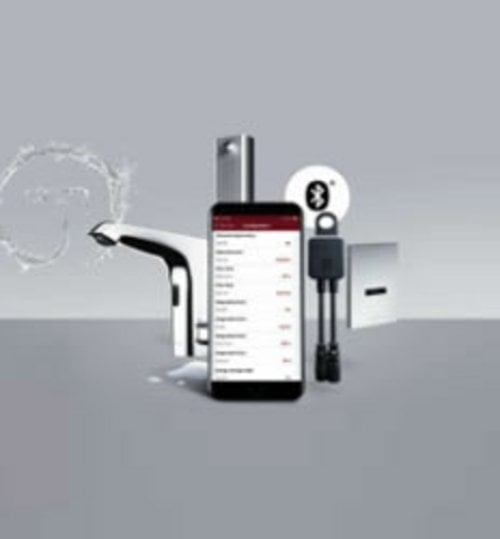
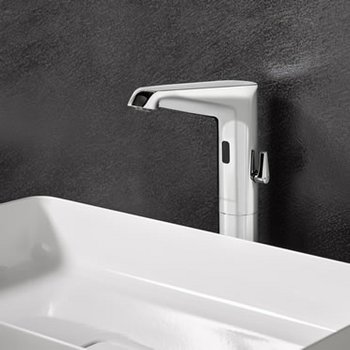
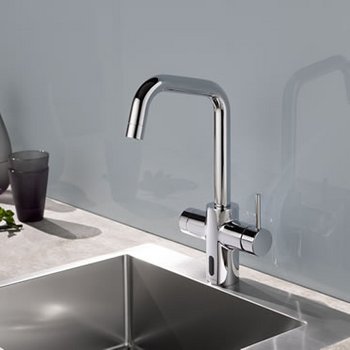
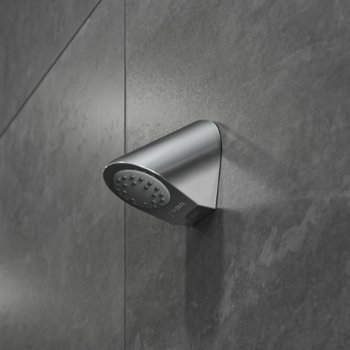
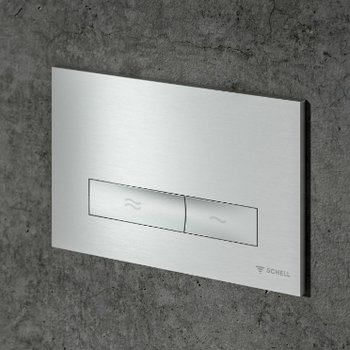
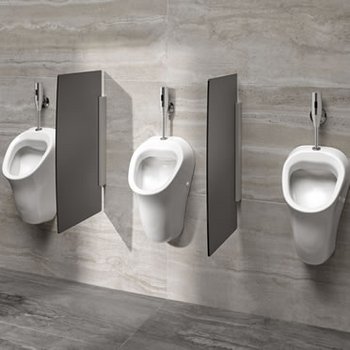
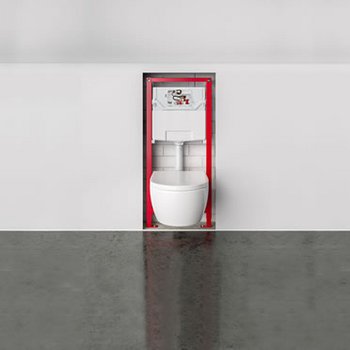
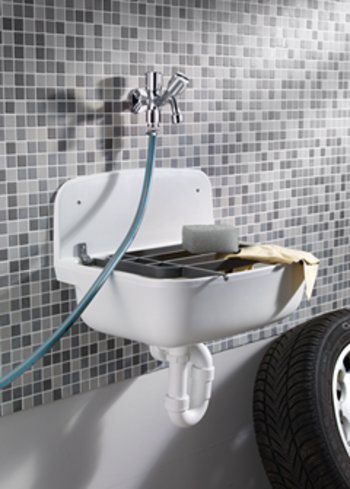
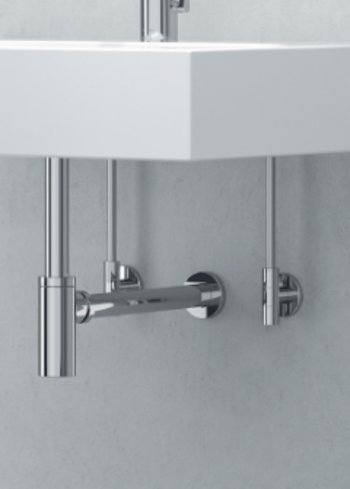
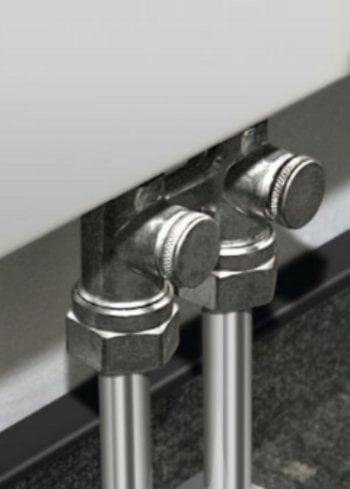
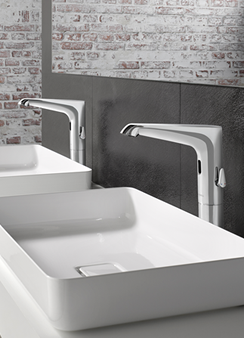
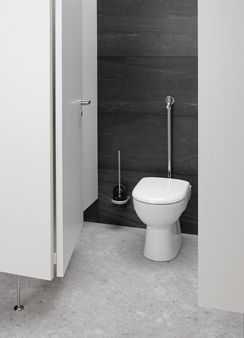
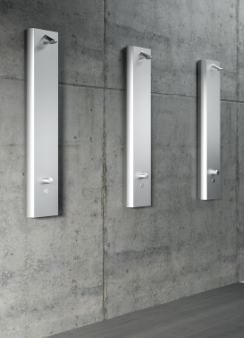

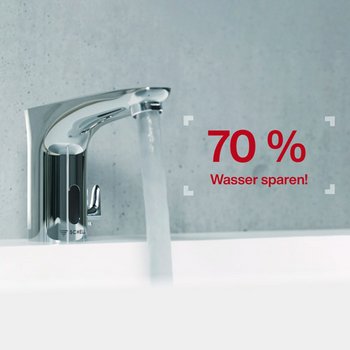
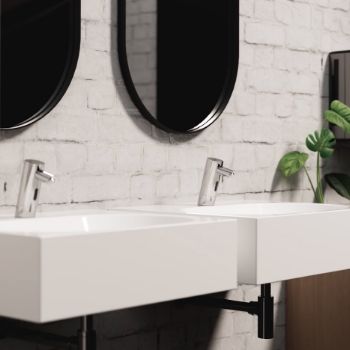

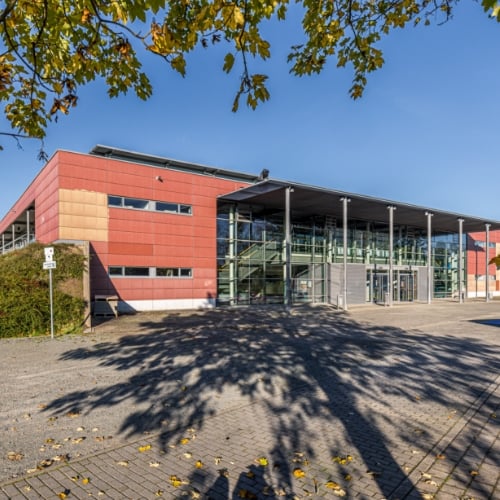
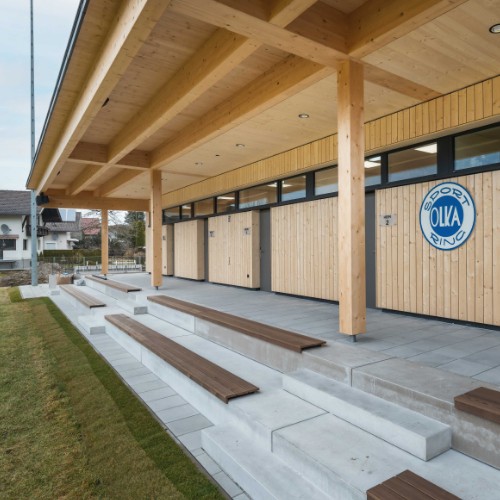
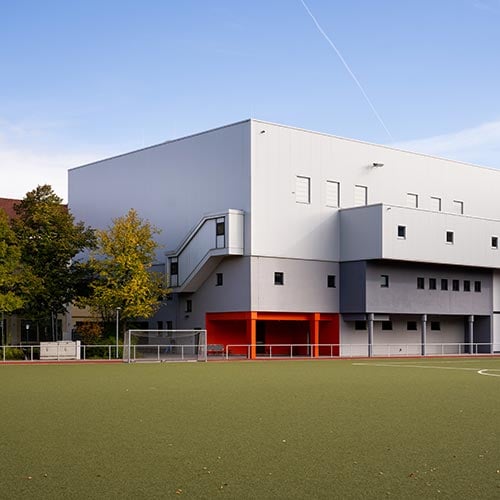



![[Translate to English:] [Translate to English:]](/fileadmin/user_upload/images/menu/menu_service_downloads_broschueren.jpg)
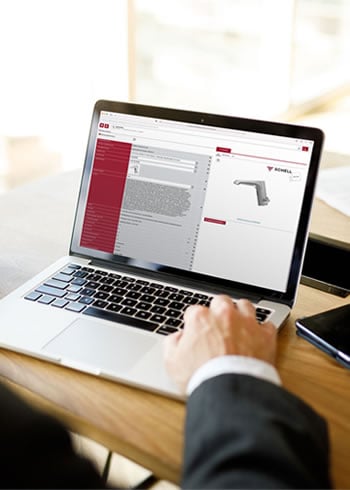
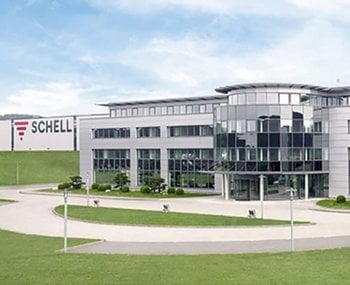


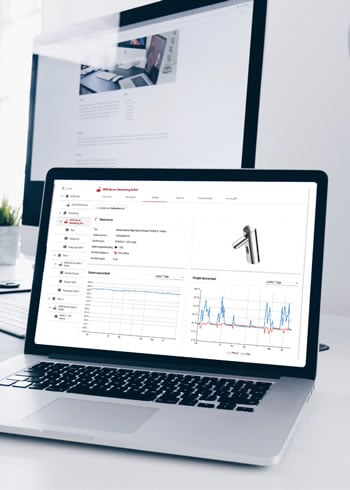
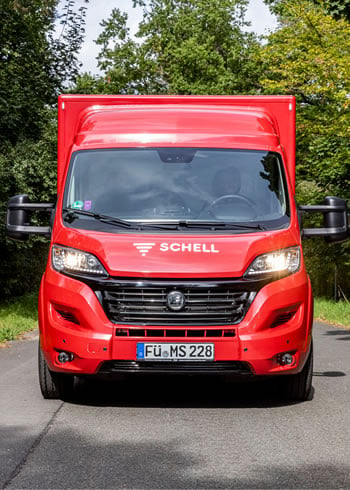
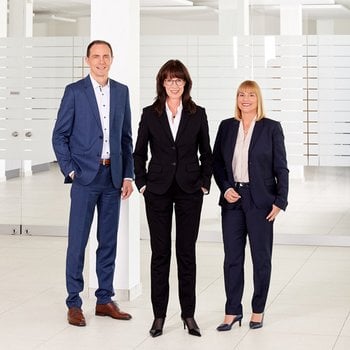
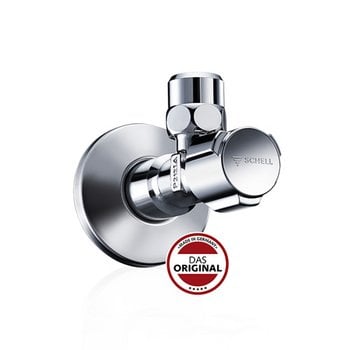
![[Translate to English:] [Translate to English:]](/fileadmin/_processed_/7/7/csm_menu_unternehmen_ueber-schell_awards_f6cec25b1d.jpg)
![[Translate to English:] [Translate to English:]](/fileadmin/_processed_/a/0/csm_menu_unternehmen_ueber-schell_wasser-sparen_41036d2dd9.jpg)


